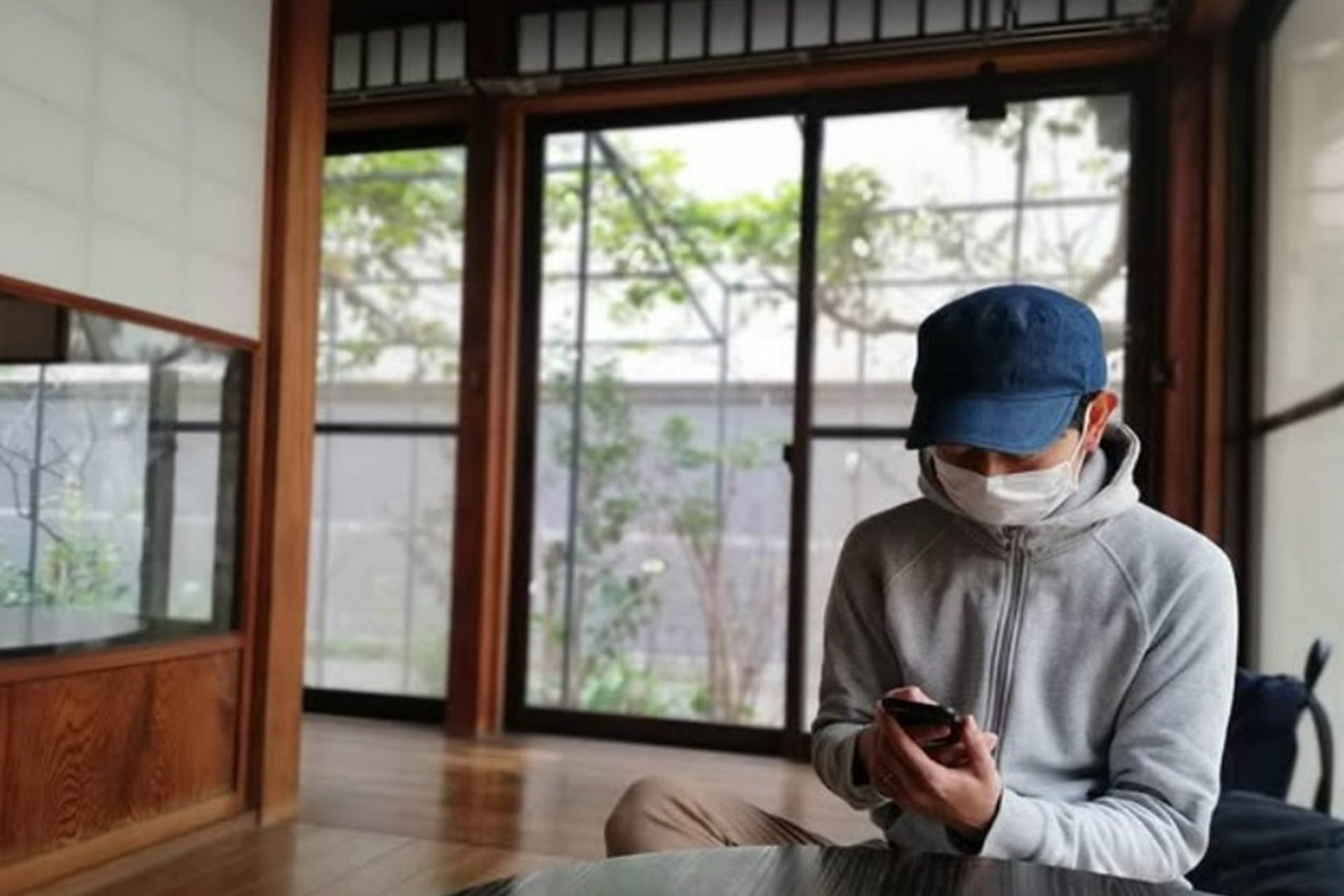Do you have these characteristics? Maybe you are highly sensitive
If you are highly sensitive, you are more responsive and vulnerable to external stimuli than other people. Some people only discover that they are highly sensitive later in life.
But what is high sensitivity, really, and what characteristics do highly sensitive people have? In the following slides, you will find a list of its characteristics and some tips about what to do if you are highly sensitive.
Follow Showbizz Daily to see the best photo galleries every day
High sensitivity is known as a neurodivergence and experts abbreviate Highly Sensitive Person with HSP. They use the term for people with a deeper processing of stimuli than the average person. It is estimated that approximately 15-20% of the population has Sensory Processing Sensitivity and is therefore highly sensitive.
People who are highly sensitive often have an increased sensitivity to physical, emotional, and mental stimuli. Sound, odors, and light seem stronger to them than to other people.
The moods of others - and subtle changes in the environment - can also be sensed by highly sensitive people. The result is that they become overstimulated more quickly and need more time to process stimuli and recharge.
High sensitivity can have benefits, such as stronger intuition, more empathy, and a deeper understanding of other people and situations. However, it can also bring challenges such as fatigue, anxiety, and overstimulation.
High sensitivity is not the same as shyness, introversion, or social anxiety disorder. Yet, there is often an overlap. For example, people with high sensitivity can function in large groups but they tend to feel overstimulated and exhausted afterward.
It is important to note that high sensitivity is not a disorder, but rather a neurodivergence. Psychology Magazine has listed the characteristics of a sensory-processing sensitive person. They vary from person to person and not all apply to every highly sensitive person. Yet, they could give you a first idea of whether you are an HSP.
We just mentioned it: do you quickly become overwhelmed by sound, light, or a bitter taste? Or are you taken aback by a bad smell? Then you may be highly sensitive.
Do you worry a lot? Do you think a lot about certain problems or situations? Is it difficult to let go of negative thoughts? Maybe this is because you are highly sensitive.
Are you easily moved by art, music, or a beautiful mountain landscape? Do emotions seem to come in much more intensely than they do in other people? You might be highly sensitive.
Do you have good intuition and are you very aware of subtle signals from the environment? Do you have your antennae out, so to speak? Do you sense when someone is lying or when something is 'off' in a situation? All characteristics of high sensitivity.
Can you empathize with others well? Do you understand and anticipate how someone else feels? This is also a signal that you may be highly sensitive.
Do you have a great imagination and a creative mind? Are you good at writing, painting, or making music? Or are you creative in another area? You might be highly sensitive.
Are you easily overstimulated? Do you often need more time to recover than other people? For example, think of fatigue after a party or concert where many people were present. It is one of the characteristics that you may be a highly sensitive person.
Do you often think long and hard about certain things? Do you like being alone? Do you like to meditate or keep a diary? Maybe you enjoy philosophizing? All these could be signs that you are highly sensitive.
Of course, we have to emphasize that we are not doctors. If you have mental health issues, it is always wise to seek professional help. If you think you are highly sensitive and encounter certain problems because of it, you can talk to your doctor or a specialist about this.
Through conversations and exams, a care provider can determine whether you are highly sensitive. A therapist or coach with knowledge of high sensitivity can give you tips and techniques to regulate your emotions and overstimulation.
Reading about it can also help. There are many books and online resources available that provide information about high sensitivity. By reading about the characteristics of highly sensitive people, you can understand yourself better and perhaps confirm that you are indeed highly sensitive.
Singer Alanis Morrisette is a Highly Sensitive Person and made a documentary about her experiences: 'Sensitive: The Untold Story'. Other stars who spoke about their high sensitivity were Nicole Kidman, Idris Elba, and Lorde, for example.
Websites like highlysensitive.org recommend that you try looking at yourself through a different lens. Pay attention to the way you react in different situations. Highly sensitive people may become overwhelmed by stimuli. So consider in which situations you feel overstimulated. Maybe you can figure out what the trigger was.
Highly sensitive people often need more rest and recovery time than others. It is important to take time to relax and recharge. Get enough sleep, exercise, and a healthy diet, and engage in activities that you enjoy.
Finding people willing to support you also helps. Tell family and friends about your high sensitivity. This way they can understand you better and perhaps help you if necessary.
Follow Showbizz Daily to see the best photo galleries every day


































